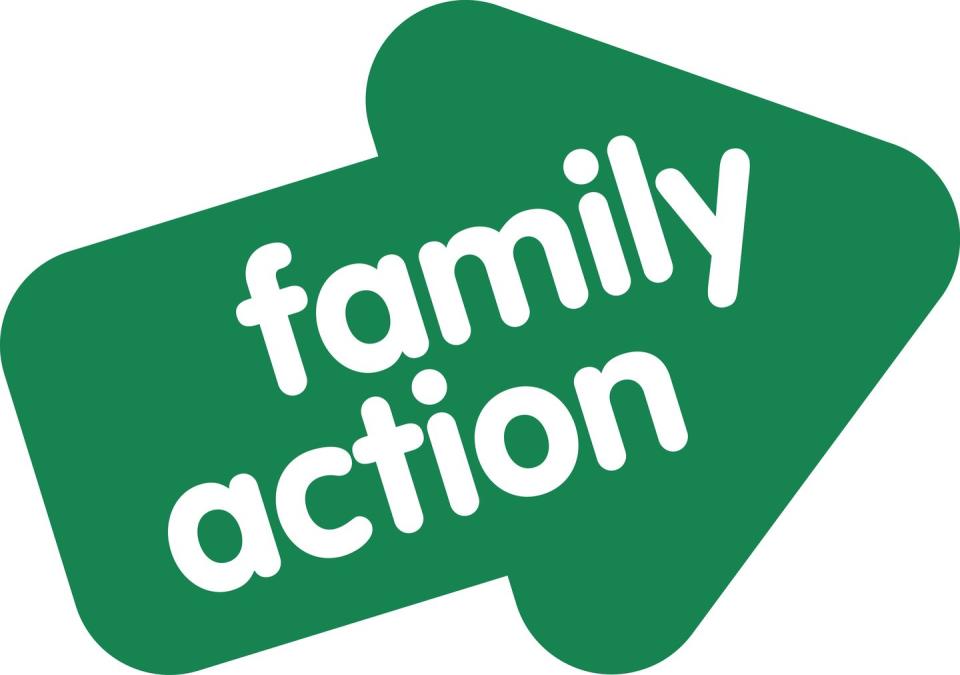Why I volunteer: "The allotment is creating a ripple of good for the community"

Flicking on the kettle of the allotment's small kitchenette, I look out across the landscape. Three large polytunnels house plump figs and grapes, which are growing nicely; the freshly sown vegetable patch is starting to produce green shoots; and the apple trees look ready for pruning. As I stir the milk into my tea, I wave to fellow volunteers who are walking over, ready to begin another day’s gardening.
I joined the Escape Allotment and Discovery Garden Project in Norfolk just over a year ago, after seeing it advertised on a local Facebook page. I’ve always been a wildlife lover and keen amateur gardener, so I hoped I’d have skills to offer. When I arrived at the Escape project, one of the two co-ordinators, Tess, explained how it supports adults with learning difficulties and mental health issues, as connecting with nature improves the wellbeing of attendees and helps build their confidence, too.
So I began volunteering at Escape one day a week. Depending on the day (and the weather!), there can be anywhere from two to a dozen people working across the allotments, and there’s a whole mix of people who get involved. We host dedicated days for neurodivergent members and I love getting creative and running special events with the team, such as music sessions and themed lunches for occasions such as Earth Day. It’s all about building resilience in the community by teaching people how to grow food themselves and helping them develop self-sufficiency skills.
There’s something about having your hands in the earth that feels so peaceful and therapeutic, which is why it works well for those struggling with their mental wellbeing. It’s so rewarding to see members leave looking lighter and happier than when they arrived, and to know I had a part to play in facilitating that.
Each morning, Tess and the team are always ready with a plan for what needs doing. Depending on the time of year, we do everything from sowing seeds to harvesting the fruits of our labour – and there’s plenty of maintenance to do in between, too, such as pruning, watering and monitoring the crops. I’m always more than happy to guide new members and enjoy getting stuck in myself. We share out what we grow between everyone who comes along, while the excess goes to a food bank at a nearby community centre.
One weekend last summer, we decided to arrange something a little different for everyone and borrowed an apple press from a local National Trust property. It was a thoroughly sticky day, but I could see how much people were enjoying pressing apples from trees they had helped grow themselves.
I love knowing that I’m able to provide something valuable to my neighbourhood, as well as bringing fresh food home for my partner, Geoff, and children, Rosie, five, and Rowan, three. Through the Escape project, I’ve also been able to access various courses, which are accredited by City & Guilds. I’ve now qualified with a Level Two Diploma in Practical Horticulture Skills, completing the practical work on site at the allotment over a 14-week period.
I learned about soil health and nutrition, managing weeds and how to identify worms and insects. I’m excited to be starting a paid part-time role at the allotment later this year. Even though I’m now on a path to a career in horticulture, I’ll always keep a hand in volunteering, as giving back is a wellbeing investment – not just for yourself, but for those around you. I’m proud to be part of something that has such a positive ripple effect, nourishing our community in many ways.
How to volunteer

What is the allotment?
The Escape Allotment and Discovery GardenProject in Norfolk helps adults connect with nature, as well as with others in their community, through learning to garden and eating what they grow.
How often do I need to volunteer?
For as little as three hours a week, you can help maintain the allotment space and make people feel welcome in a range of activities, from day-to-day gardening to special events. And you get to eat your efforts!
What training do I need?
Specific horticulture skills can be learned on the allotment. If you’d like to, you can apply to take part in more formal training courses accredited by City & Guilds.
To apply, visit family-action.org.uk/volunteer or emailcharlotte.evans@family-action.org.uk to find out more
You Might Also Like


